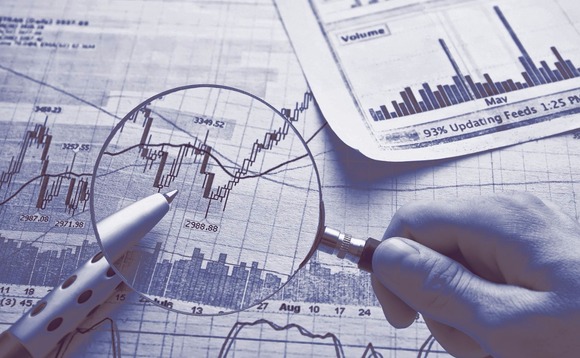Financial advisers will struggle to fulfil the sustainability obligations of the amended MiFID II regulation due to patchy data and a lack of direct comparability between products, Morningstar research shows.
From 2 August 2022, the amended MiFID II will require financial advisers to consider clients' sustainability preferences when conducting suitability assessments. If clients express an interest in making sustainable investments, advisers will have to accommodate.
Depending on the specific client's preferences, advisers will have to source products that have a minimum proportion of sustainable investments as defined by the SFDR or the EU Taxonomy.
However, advisers will face challenges when trying to find suitable sustainability-labelled products for clients, given that asset managers are taking different approaches to calculate sustainability investment and taxonomy-alignment, the firm said in a research report.
Article 8 assets decline as product development holds steady
Asset managers prioritised Article 8 and Article 9 products for the first phase of the European ESG Template reporting, but Morningstar research shows that the data is inconsistent.
Less than half of surveyed Article 8 and Article 9 funds reported PAI consideration and sustainable investment exposure as defined by SFDR, while just over one quarter disclosed taxonomy alignment.
As anticipated, Article 9 funds intend to hold a greater percentage of sustainable investments than Article 8 funds. More than half of Article 9 funds target allocations of greater than 70%, but only 2.3% target allocations greater than 90%, and close to 40% target allocations of less than 50%.
About two thirds of Article 8 funds target a 0%-10% minimum exposure to sustainable investments, while 10% plan to have over 40%. Of the Article 8 and Article 9 products that reported taxonomy alignment, 90% provided 0% values alignment, while only 2% target exposure higher than 10%.
From the 20 Article 8 products that Morningstar found have the highest minimum exposures to sustainable investments, six funds from German asset manager Warburg Invest — three indirect property and three equity strategies — topped the list with allocations ranging from 77% to 89%.
UK answer to SFDR faces another setback as FCA consultation delayed
DWS Biotech and BNP Paribas Energie & Industrie Europe funds also presented high sustainable investment allocations, while the remaining products are broadly diversified strategies targeting at least 70% sustainable investment exposure.
When it comes to Article 9 funds, only eight of the 20 in Morningstar's sample reported 100% exposure to sustainable investments. These included five ÖkoWorld funds, JP Morgan's Climate Change Solutions fund and BNY Mellon's Smart Cures Innovation and Future Earth funds.
The European ESG Template is the FinDatEx data exchange template for ESG data, which was designed by industry representatives to "facilitate the necessary exchange of data between product manufacturer and distributor for the purpose of fulfilling ESG-related regulatory requirements contained in the SFDR, relevant provisions of the Taxonomy Regulation, and the relevant delegated acts complementing MiFID II and Insurance Distribution Directive".





